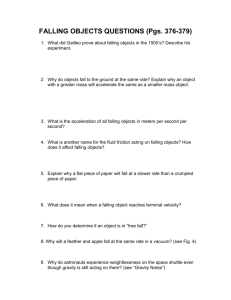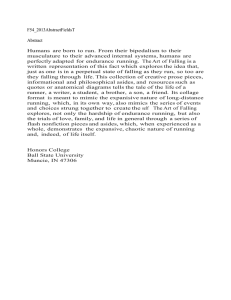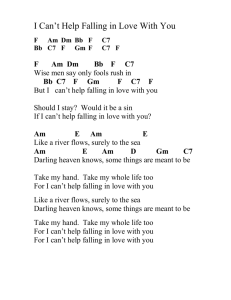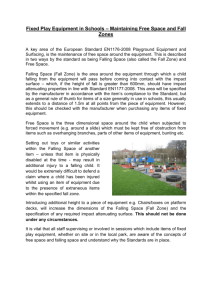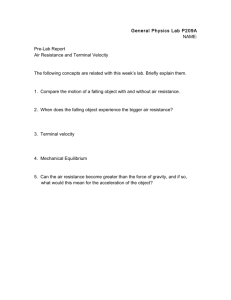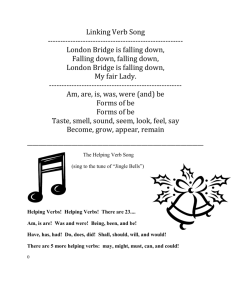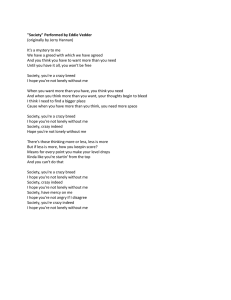Trinity Sunday
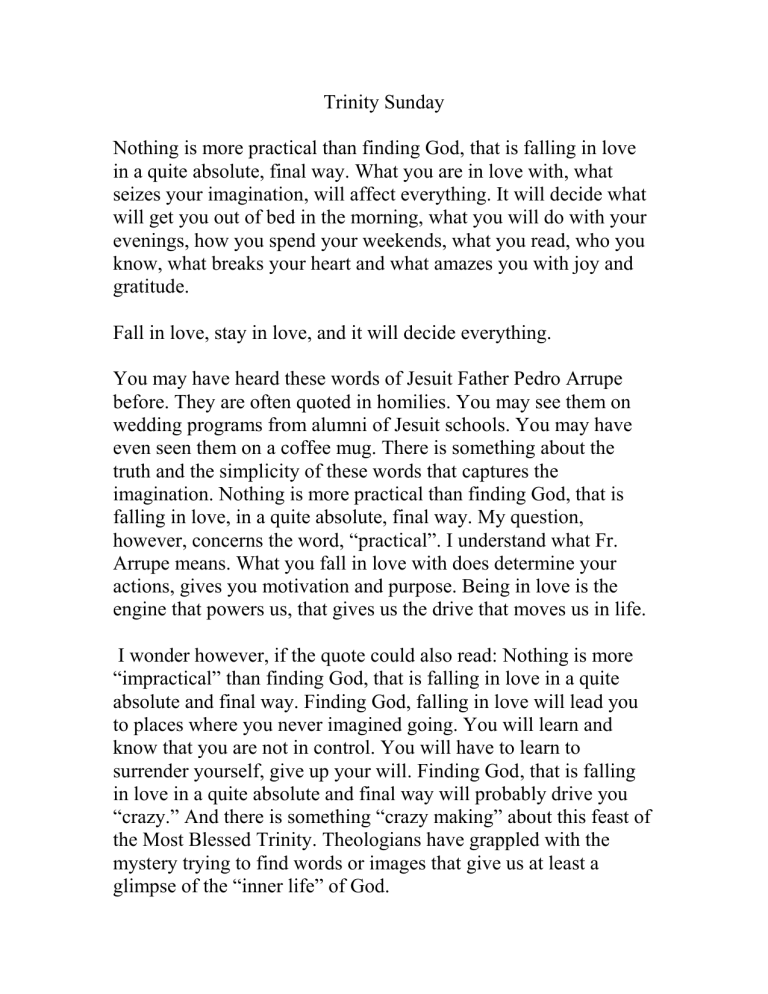
Trinity Sunday
Nothing is more practical than finding God, that is falling in love in a quite absolute, final way. What you are in love with, what seizes your imagination, will affect everything. It will decide what will get you out of bed in the morning, what you will do with your evenings, how you spend your weekends, what you read, who you know, what breaks your heart and what amazes you with joy and gratitude.
Fall in love, stay in love, and it will decide everything.
You may have heard these words of Jesuit Father Pedro Arrupe before. They are often quoted in homilies. You may see them on wedding programs from alumni of Jesuit schools. You may have even seen them on a coffee mug. There is something about the truth and the simplicity of these words that captures the imagination. Nothing is more practical than finding God, that is falling in love, in a quite absolute, final way. My question, however, concerns the word, “practical”. I understand what Fr.
Arrupe means. What you fall in love with does determine your actions, gives you motivation and purpose. Being in love is the engine that powers us, that gives us the drive that moves us in life.
I wonder however, if the quote could also read: Nothing is more
“impractical” than finding God, that is falling in love in a quite absolute and final way. Finding God, falling in love will lead you to places where you never imagined going. You will learn and know that you are not in control. You will have to learn to surrender yourself, give up your will. Finding God, that is falling in love in a quite absolute and final way will probably drive you
“crazy.” And there is something “crazy making” about this feast of the Most Blessed Trinity. Theologians have grappled with the mystery trying to find words or images that give us at least a glimpse of the “inner life” of God.
The one I love personally is “perichoresis,” the inner dance of
God. The inner life of God is a “dance,” a movement of eternal love and surrender.
Homilists like myself today drive themselves crazy trying to communicate the essence of this mystery beyond human comprehension. So we look for something in our human experience that says “Oh, maybe that’s it.” And since God is revealed as Love, we look to our experience of falling in love, being in love, living in love as somehow giving us that glimpse.
After all, we are made in the image and likeness of God who is love. In our experience of being lover, being loved and loving we touch (a very little bit) the essence of God. In God there is lover, whom we call Father, there is the beloved, whom we call the Son and there is the Loving who is the Spirit. The difference between
God and us is that we fall out of love as easily as we fall in love and God doesn’t fall out of love. We can become easily disillusioned, disenchanted, disappointed. So we are created by
Love, for Love, in Love. Whatever our hurts, our pains, our losses, we are invited again by the one who is Love to discover who we are in Love.
So I think that Finding God, that is falling in love in an absolute, final way is both practical and impractical. It will give us the drive and passion that fuel the fire within but it will also surprise us, confuse us, lead us to give ourselves away, as God himself did in
Jesus, as God continues to do through the Spirit’s moving in us.
Enough of my meager attempts to shed a little light on this great mystery. Let’s leave it to a poet in an economy of words to get to the heart of the mystery. I thank Fr. JA for his recommendation of this Mary Oliver poem:
Mysteries, Yes
Truly, we live with mysteries too marvelous
to be understood.
How grass can be nourishing in the mouths of lambs.
How rivers and stones are forever in allegiance with gravity while we ourselves dream of rising.
How two hand touch and the bonds will
never be broken.
How people come, from delight or the scars of damage to the comfort of a poem.
Let me keep my distance, always, from those who think they have the answers.
Let me keep company always with those who say
“Look!” and laugh in astonishment, and bow their heads.
